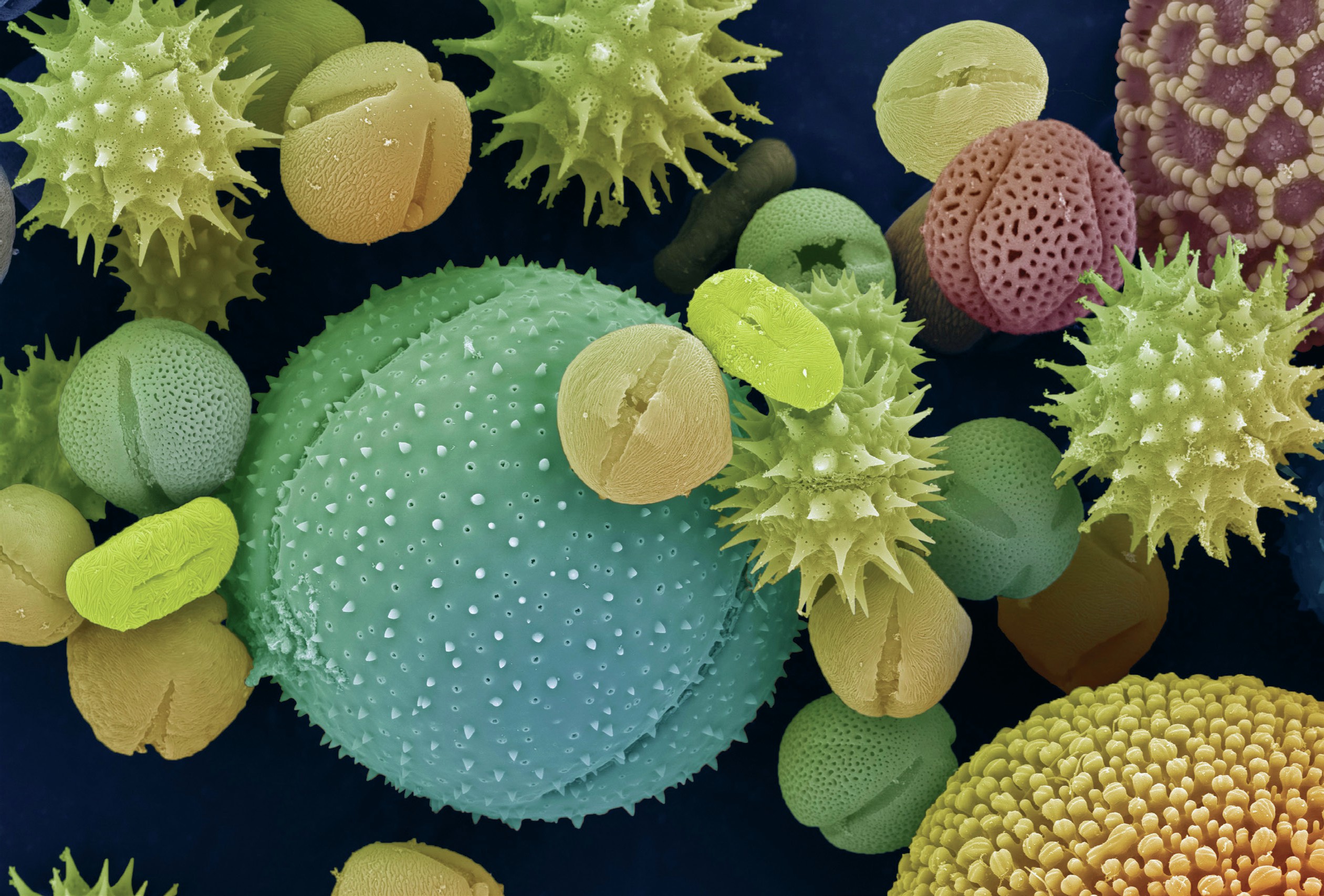
The human immune system is an impressive array of cells, tissues and organs that function together to prevent infections. This system recognises and responds to pathogens and mounts the appropriate response. The immune system should ignore things that are harmless or beneficial, such as our resident gut bacteria (see BIOLOGICAL SCIENCES REVIEW, Vol. 28, No. 3, pp. 7–9). In some people, however, the immune system malfunctions. One malfunction produces allergy, where the immune response is triggered by something that is usually harmless, such as pollen, and so becomes hypersensitive to these particles.
The substances that can cause an allergic reaction to occur are known as allergens. In a susceptible person an allergen triggers an allergic reaction, which can result in different symptoms. The type of symptoms will depend on the allergen, and how it is taken into the body, with the severity ranging from mild to life-threatening.
Your organisation does not have access to this article.
Sign up today to give your students the edge they need to achieve their best grades with subject expertise
Subscribe




